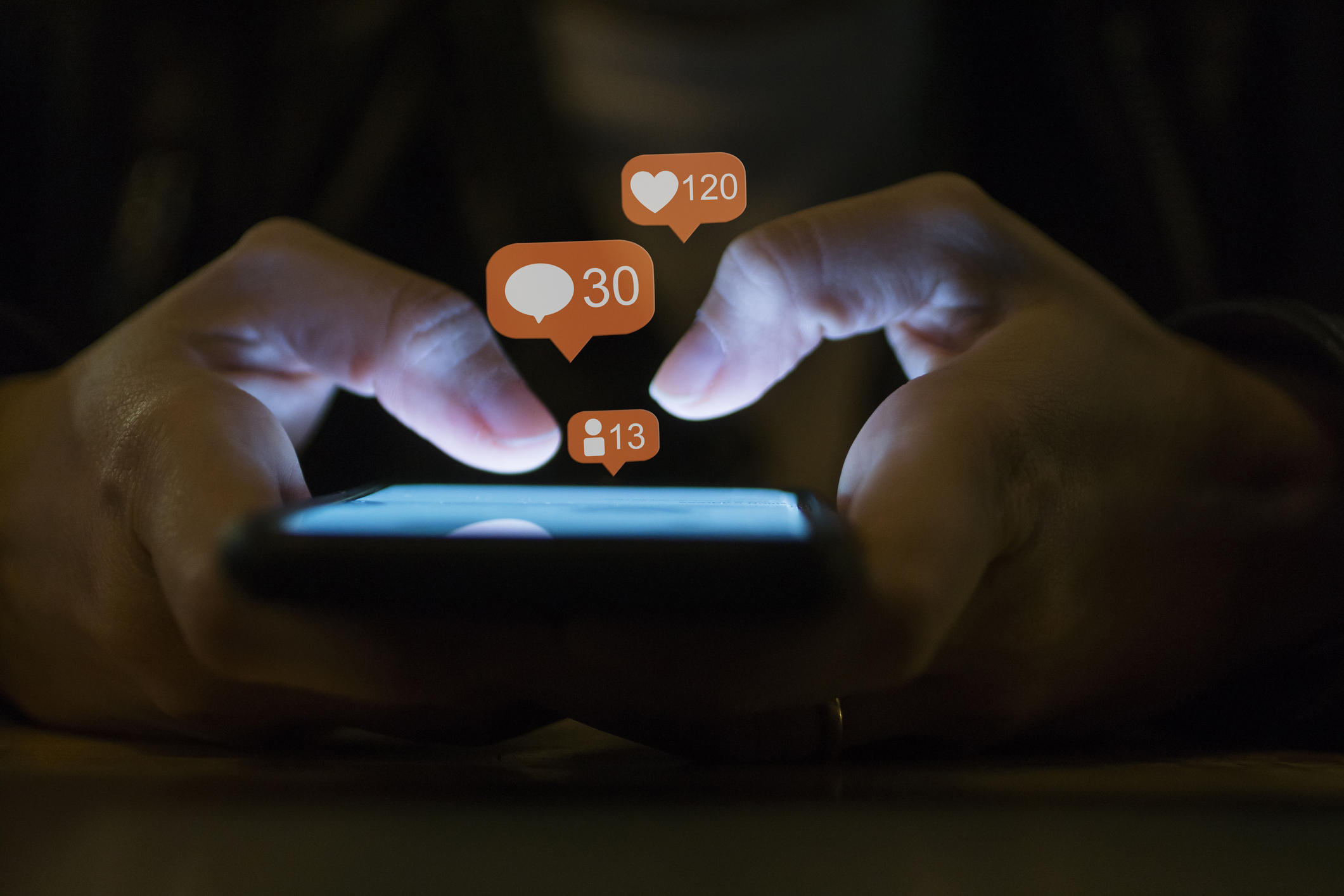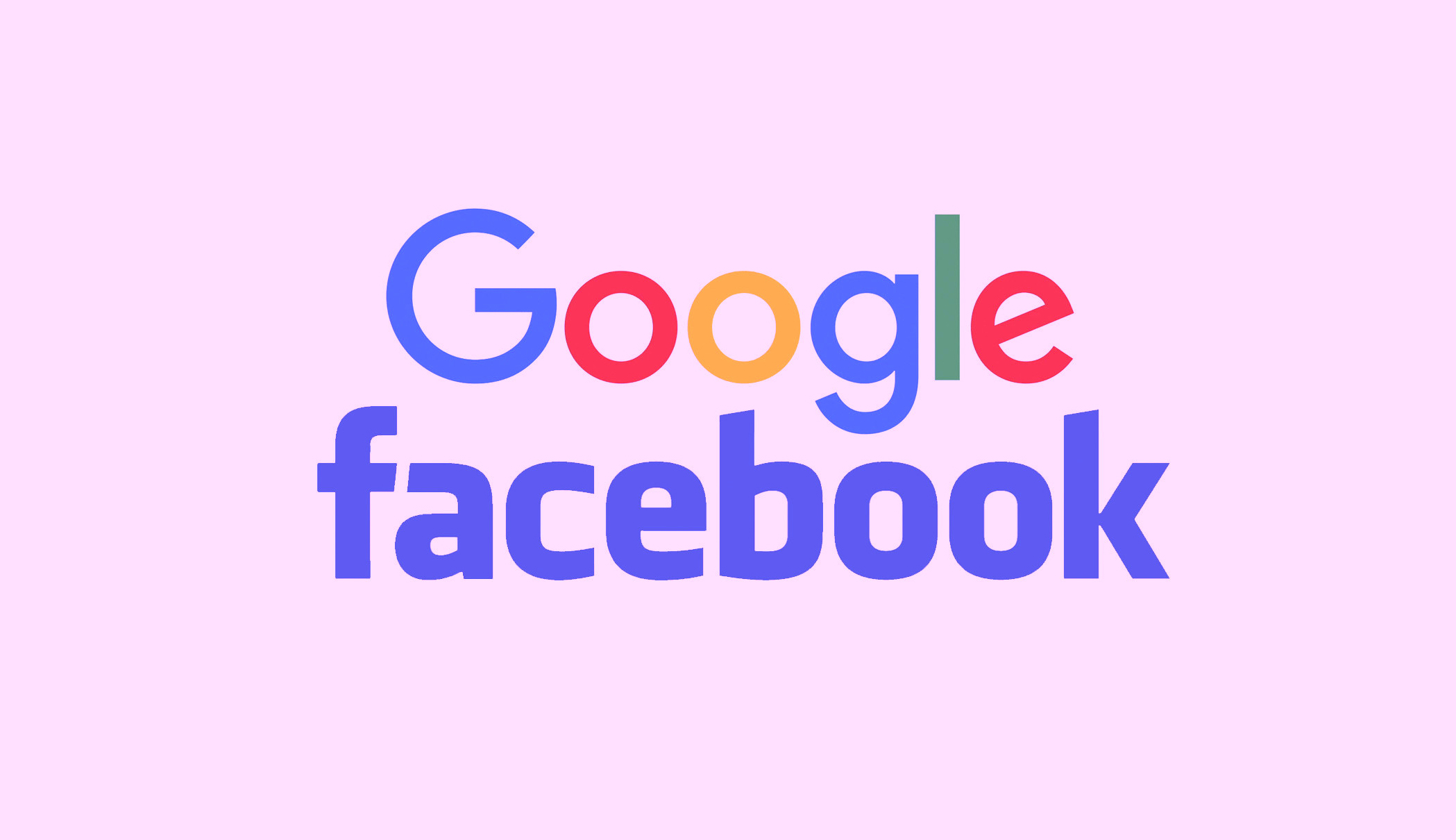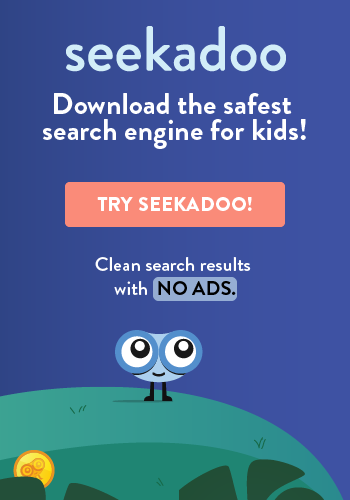
Money can’t buy you love, but it can buy you friends. Likes, comments, followers and friends are all for sale on the Internet. Want 5,000 “real Instagram likes” on a recent post? That’ll be $28, please. Need to increase your reach on Twitter by adding 10,000 followers? Then the “Premium Package” is for you. It’s $80 and, the vendor vows, “100% safe.”
Why would anyone pay to increase their friends-and-followers tally? What would be considered crass in the real world makes a certain amount of sense in the virtual world, especially for those who plan to make a living, in one way or another, off their social media accounts. Reach and influence are valuable. If you can reach a vast number of people and influence their actions—get them to buy a certain sneaker, say—you can make money. Lots of it. There’s a strong incentive, therefore, to build your base of followers. Put another way: No brand is going to see you as a coveted influencer if your only followers are your cousins and college classmates.
Downsides to “Friends”
Of course, there are downsides to amassing your following this way. First, these “people” (a term that doesn’t always apply; bought followers are often merely automated “bot” accounts) have no genuine interest in your posts. The followers you buy amount to a hollow sum. There will be no lively back-and-forth with them; they won’t share your posts with other valuable audiences.
Second, you risk being outed as a phony, which can erode whatever authority you might have, tarnish your reputation and lead to your account being deactivated. It’s also just embarrassing:
Newt Gingrich received plenty of bad press in 2011 when it was revealed that the majority of his Twitter followers were false, or ‘bots’ created to simulate actual supporters. Candidate Mitt Romney also had similar accusations in 2012 when his followers jumped by more than 100,000 in 24 hours.
“Friends” Can’t Be Trusted
More worryingly, the world of paid-for audience members trades in stolen identities. The New York Times delved into this issue last year, highlighting the case of a young woman whose name and image had been co-opted by a company that sells likes and followers. Her identity was used to promote all sorts of products, from real estate to porn, without her knowledge or consent.
There are products on the market to help you sniff out accounts with artificially inflated audiences. A quick search will turn up pages of reasons to steer clear of the paid-follower realm. Perhaps the most important thing to remember and to tell your kids: when it comes to friends, you get what you pay for.







